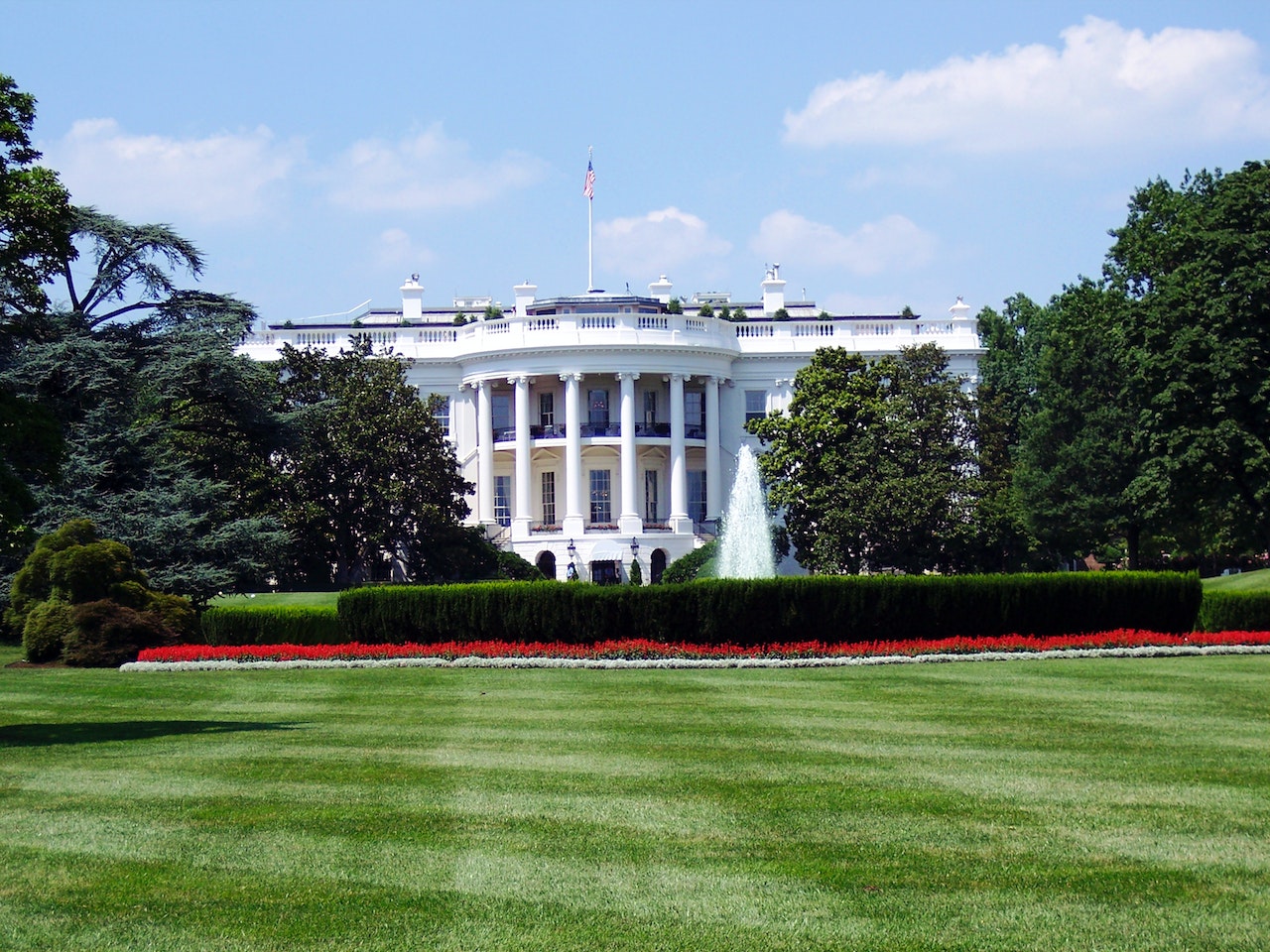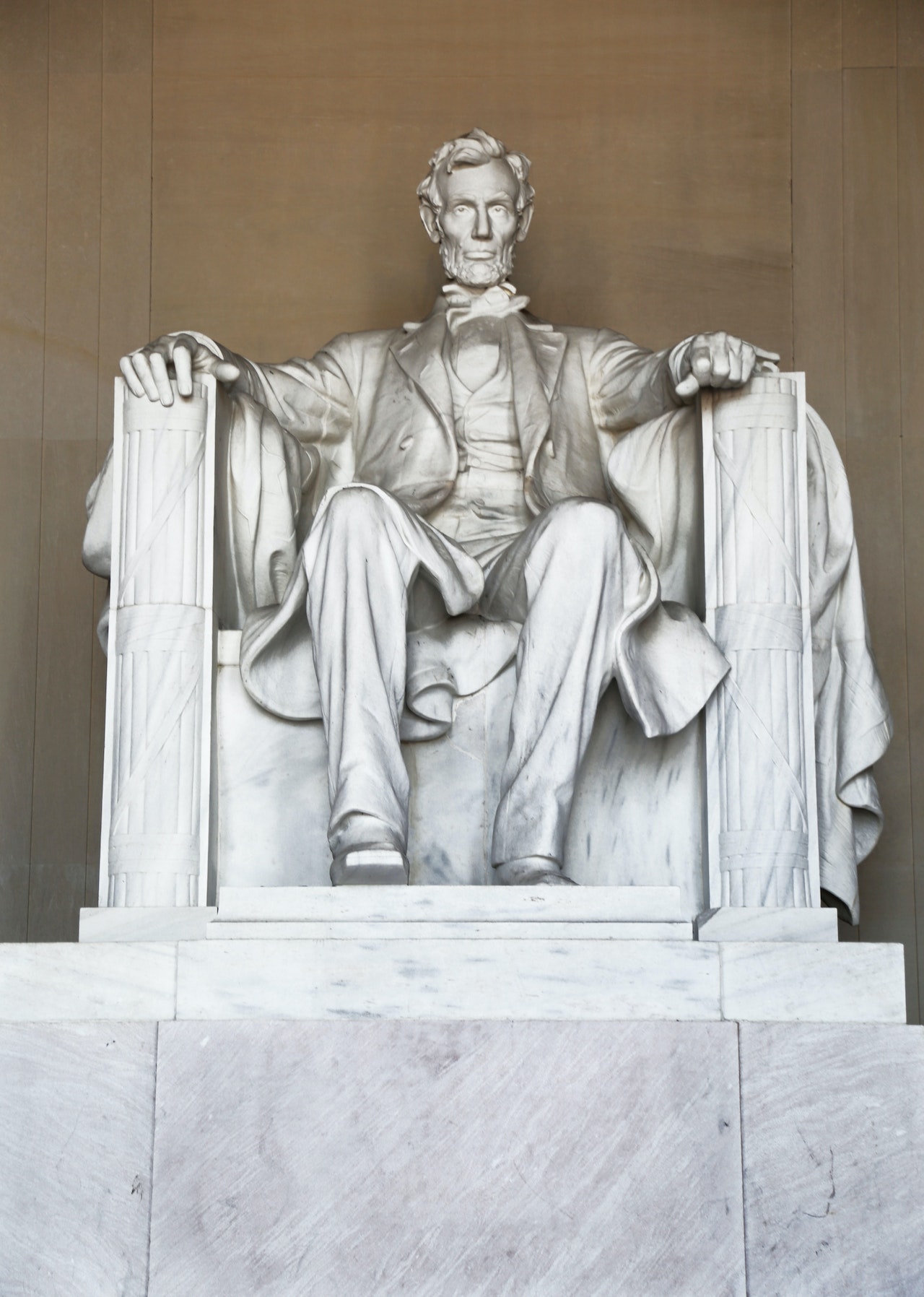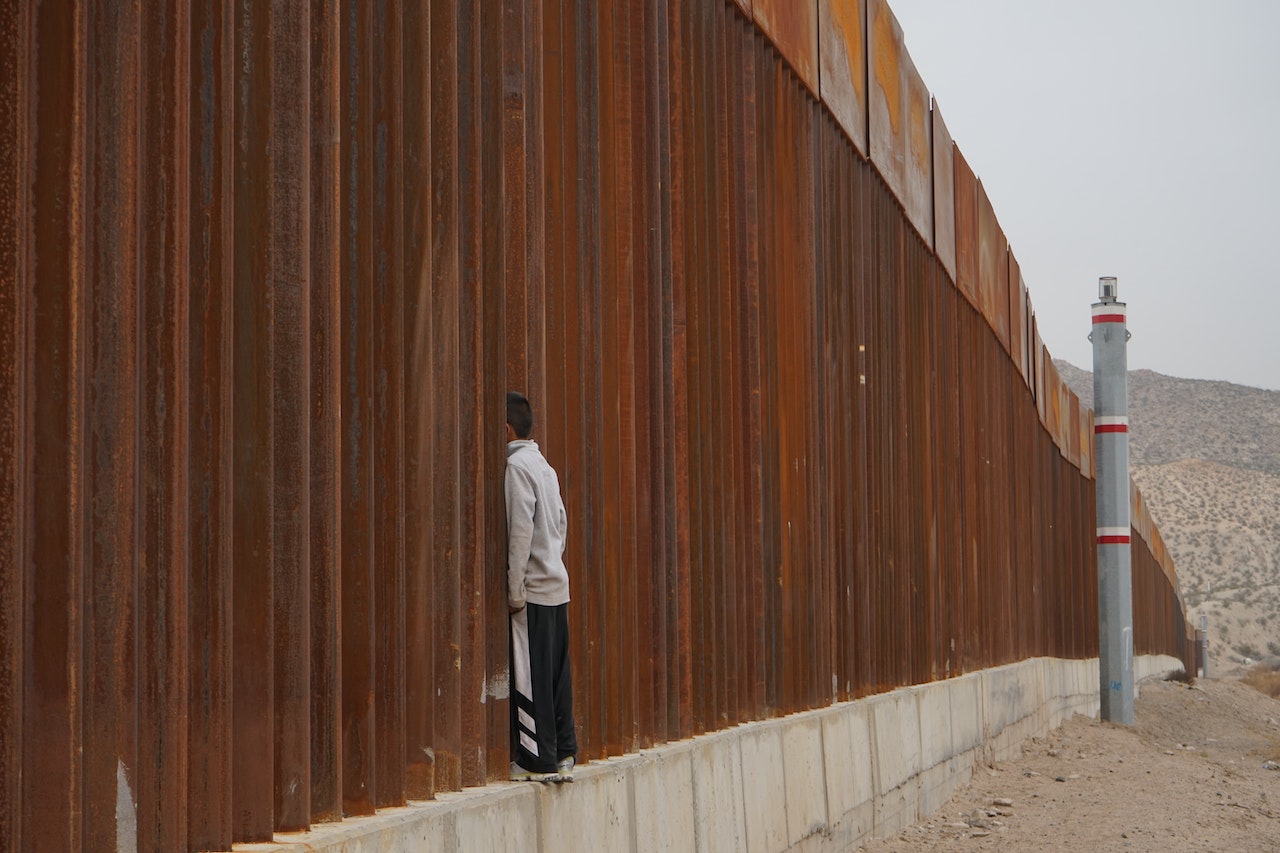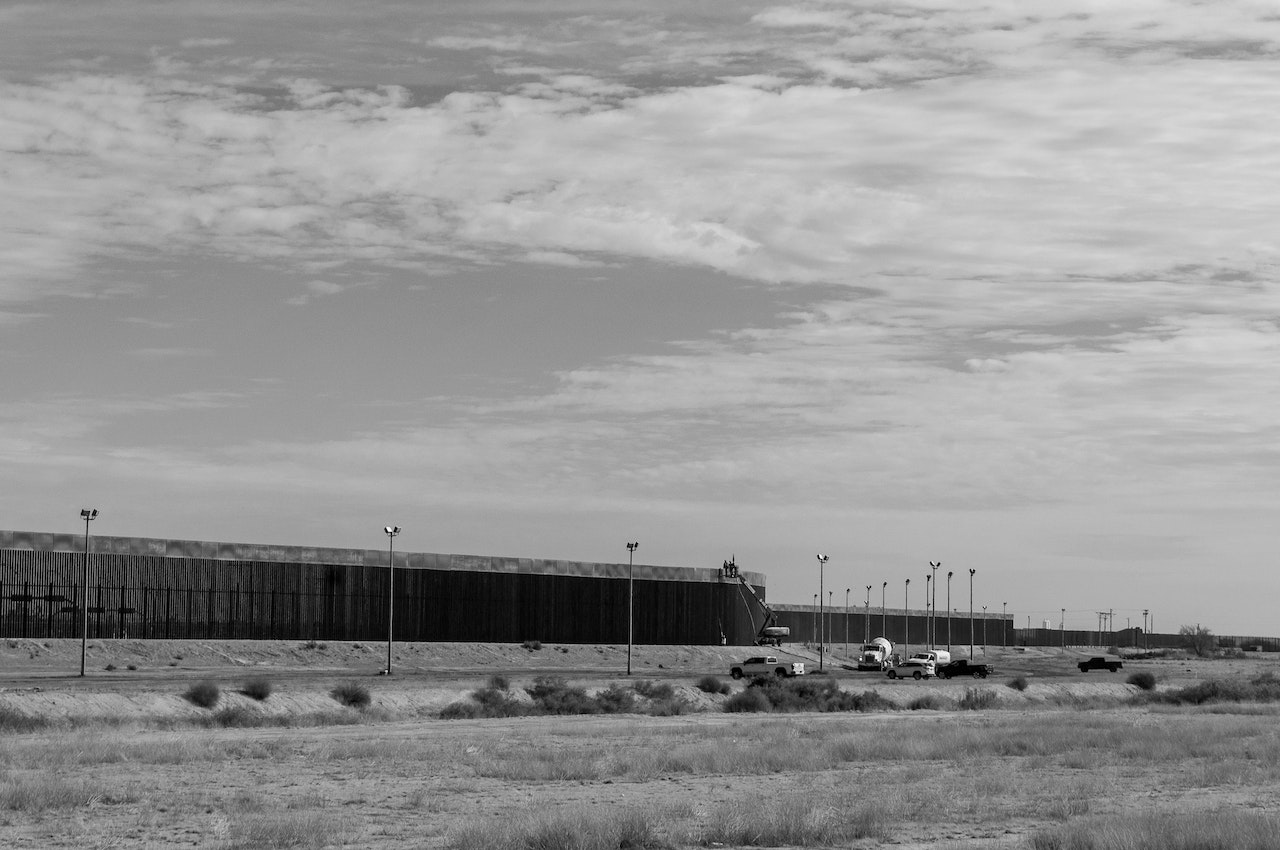Biden tries out a different strategy
The administration also disclosed intentions to broaden the policy to encompass Haitians, Nicaraguans, and Cubans while it is still in effect prior to Biden's border visit. Up until now, most migrants from Mexico, Guatemala, El Salvador, Honduras, and Venezuela have been covered under Title 42.
The statements made by Biden are a reflection of the administration's efforts to set up programs to deal with the boom in immigration that has occurred in tandem with the anticipated repeal of Title 42 and to get ready for its demise.
Under a humanitarian parole program targeted at people from Nicaragua, Cuba, Haiti, and Venezuela, the government will now take in up to 30,000 migrants from those countries each month. People who don't enter the country through that scheme risk being sent back to Mexico under Title 42.
Democrats and immigrant groups who believe the rules will endanger individuals who are looking for asylum criticized the decision.
According to Dylan Corbett, executive director of Hope Border Institute, the extension of Title 42 to cover Cubans, Haitians, and Nicaraguans is a failed promise. The Hope Border Institute has been helping newly arriving migrants in El Paso.
He said that border communities would continue to work hard to pick up the broken pieces of the country's immigration system and demonstrate that the future belongs not with expulsion and deportation, but with humanity and hope.
In a recent call, members of the Congressional Hispanic Caucus challenged senior Biden officials over the recently announced border policy, and Homeland Security Secretary Alejandro Mayorkas was among them.
According to the sources, members were disappointed by the lack of involvement before the introduction of the new policies and were astonished by the new policies.
One insider described the situation as "heated," adding that the members were "furious" that the administration had not consulted them beforehand. On the conversation were representatives from the White House and the Department of Homeland Security.
A new asylum guideline that might prevent migrants from requesting asylum in the United States if they traveled through another nation on route to the US-Mexico border was one of the causes of stress during the call. Although authorities have disputed the connection and highlighted attempts to increase access to legitimate entry points into the US, the restrictions are similar to limitations implemented during the Trump administration.
















